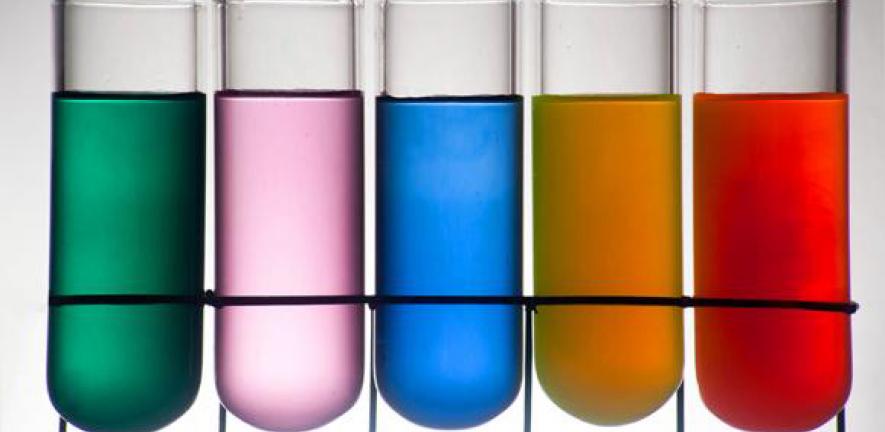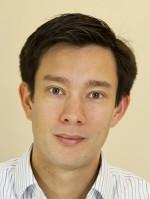
On learning of the award, Jason said: "I’m exceptionally grateful to the talented and dedicated people from around the world that I have had the privilege to work with in Cambridge. Their drive to redefine what is possible provides an endless source of inspiration to me; this award is a testament to their remarkable achievements."

Jason is a Professor of Chemistry & Chemical Biology here and a fellow in Natural Sciences at Trinity College. He is also Programme Leader at the Medical Research Council Laboratory of Molecular Biology (MRC-LMB), where he is joint Head of the Division of Protein and Nucleic Acid Chemistry, and Head of the Centre for Chemical & Synthetic Biology (CCSB).
He shares the 2019 Sackler Prize with two other distinguished researchers: Professor Christopher J. Chang from the Departments of Chemistry and Molecular & Cell Biology, at the University of California, Berkeley, and Professor Matthew D. Disney of the Department of Chemistry, Scripps Research, Florida.
This year the $100,000 Prize is being presented in the field of Chemistry, in the subject of Chemical Biology. It will be awarded to Professor Chin and his fellow recipients in person during a conference to be held in their honour later this year.
The Raymond and Beverly Sackler International Prize in the Physical Sciences, awarded at Tel Aviv University, was established through the generosity of Dr. Raymond and Mrs. Beverly Sackler. The prize is awarded alternately in the fields of Chemistry and Physics, and is intended to encourage dedication to science, originality and excellence by rewarding outstanding young scientists, under 45 years of age.
Previous Sackler Prize laureates here in the Department of Chemistry include Tuomas Knowles, Professor of Physical Chemistry and Biophysics here. He was awarded the 2017 Sackler Prize in Biophysics for "elucidating physical principles of amyloid fibril formation with important applications in biology and medicine".

